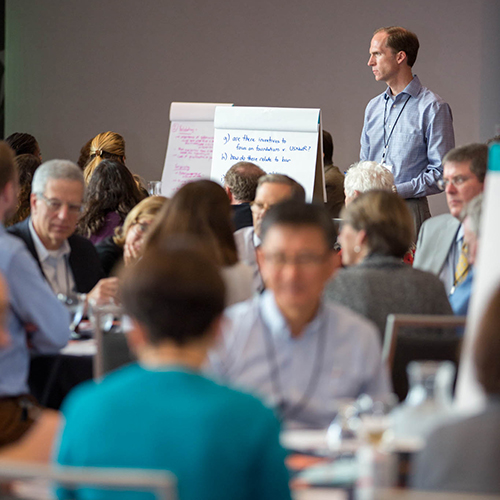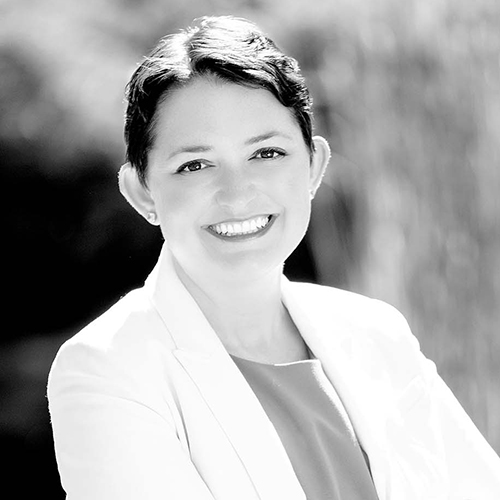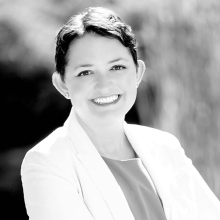Beyond the Conference: Foundations for Practice and Understanding Tomorrow’s Lawyers
We kicked off the 4th Annual Educating Tomorrow’s Lawyers Conference with a story about math—or, more specifically, with a story about how long it took one mathematician to solve one not-so-simple problem. It’s a great story (and one you can hear more about here on This American Life) and I shared it with the group because it took one mathematician three years of Sundays—156 Sundays—to crack an equation, which makes you wonder: how long it would have taken if he had brought together a roomful of people committed to cracking the equation with him? I wondered if, with a roomful of committed people, we could fit 156 Sundays into two days to tackle the also not-so-simple challenges we face in legal education.
 And we worked pretty hard. While there were a few presentations throughout, the conference relied on mostly working groups of attendees to tackle questions and to chart next steps for law schools. Attendees represented a variety of perspectives and included individuals from Consortium schools, bar leaders, and lawyers and legal employers. Together, we discussed what the outcomes of a legal education ought to be and how we can get there. We all operated under the assumption that collaboration is key to meaningful change.
And we worked pretty hard. While there were a few presentations throughout, the conference relied on mostly working groups of attendees to tackle questions and to chart next steps for law schools. Attendees represented a variety of perspectives and included individuals from Consortium schools, bar leaders, and lawyers and legal employers. Together, we discussed what the outcomes of a legal education ought to be and how we can get there. We all operated under the assumption that collaboration is key to meaningful change.
Those who attended were among the first to learn about initial results from our national Foundations for Practice study. We will be sharing detailed results over the next several months, but here is a glimpse of what we already know.
We are sitting on a mountain of data about what lawyers and legal employers want and need in new lawyers. Working with state bar organizations, we distributed our survey in 37 states and more than 24,000 lawyers weighed in. These lawyers work in firms of all sizes, government, in-house offices, legal services offices, and other practice settings.
The survey asked lawyers to review 147 Foundations (which include skills, competencies, and characteristics) and to determine whether each one is necessary in the short-term (when new lawyers begin careers), necessary but can be acquired over time, advantageous but not necessary, or not relevant. Of these 147 Foundations, 77 were identified by 50% or more of respondents as necessary in the short-term. That is, there are 77 Foundations new lawyers should have by the time they leave law school.
We were prepared to identify differences across practice settings, but what we have found is that there are more similarities. We were also prepared to see “legal skills” populate the top of the list of Foundations that are necessary in the short term. Instead, we have seen “characteristics,” like diligence, conscientiousness, and integrity and trustworthiness, command recognition at the top of the list.
Our survey also asked respondents to indicate the accomplishments and experience that are most helpful when determining if a candidate for employment has the Foundations they identified as important. Respondents were given a list that included traditional accomplishments (law school, class rank, law review, etc.) and experiences that would be considered experiential (clinics, externships, legal employment, etc.). The experience-based items fared very well. In fact, while there are some small variances across practice settings, across all respondents the top eight items were experiential. Legal employment and recommendations from practitioners or judges were viewed as most helpful, while law review experience and journal experience were viewed as the least helpful.
We will continue to share information and insights as we delve deeper into our analysis. We are grateful for the enthusiastic collaboration we’ve seen throughout this project—from state bar organizations, consortium schools, and the thousands of lawyers and legal employers across the country who took the time to complete the survey. Unlike the mathematician who toiled in solitude, we are not working on our own. By working together, we will put this data to work and achieve meaningful change.


